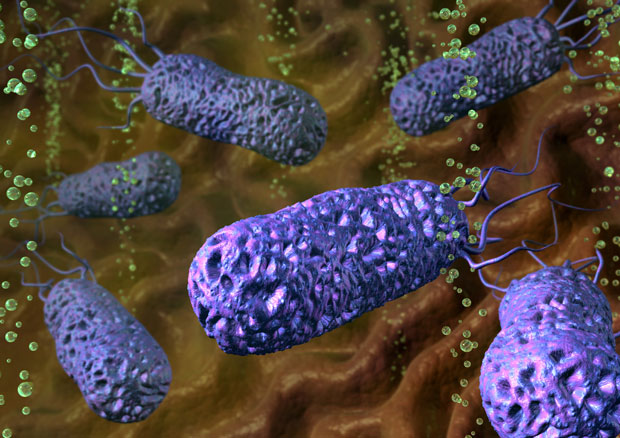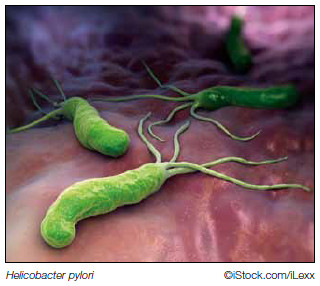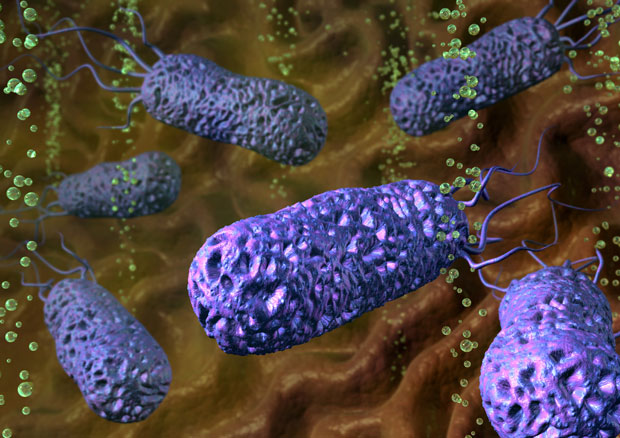Providence, R.I. – April 18, 2014 – Researchers from the University of Rhode Island and EpiVax, Inc. are championing a recent breakthrough in the laboratory with the hopes it could lead to a vaccine against the pathogen responsible for stomach cancer and other ailments.
The results are published today in the Public Library of Science One Journal (PLOS) in an article titled, “Human Immune Response to H. pylori HLA Class II Epitopes Identified by Immunoinformatic Methods.” Among their findings, the researchers are most encouraged by experimental results targeting the pathogen known as H. pylori.
Helicobacter pylori, or H. pylori, is a pathogen that infects the gastric mucous membrane of half of the human population, leading to chronic gastric inflammation in all of those infected while also causing other adverse health effects. H. pylori’s survival in the human stomach over decades gradually promotes gastric cancer and peptic ulcer development.
In some populations of infected humans, H. pylori may also have beneficial consequences which are linked to down-regulation of the immune system. This may help pinpoint how the pathogen can manipulate the host’s immune system to protect against inflammatory diseases such as asthma.
 To investigate how H. pylori stimulates harmful or beneficial human immune responses, the research team utilized the recent availability of multiple H. pylori genome sequences coupled with advances in computerized algorithms and HLA-binding studies to identify 90 H. pylori-derived peptide sequences considered as potential immune epitopes. Testing them against human immune cells, the researchers found that these sequences elicited significantly higher immune responses in those patients already infected by H. pylori. These experiments demonstrate the utility of immunoinformatics to identify vaccine and immunotherapeutic candidates.
To investigate how H. pylori stimulates harmful or beneficial human immune responses, the research team utilized the recent availability of multiple H. pylori genome sequences coupled with advances in computerized algorithms and HLA-binding studies to identify 90 H. pylori-derived peptide sequences considered as potential immune epitopes. Testing them against human immune cells, the researchers found that these sequences elicited significantly higher immune responses in those patients already infected by H. pylori. These experiments demonstrate the utility of immunoinformatics to identify vaccine and immunotherapeutic candidates.
The research team is made up of URI Research Professor and EpiVax CEO/CSO Dr. Annie De Groot and URI Assistant Research Professor and EpiVax Director of Vaccine Research, Dr. Leonard Moise. Other collaborators include Dr. Steven Moss of Rhode Island Hospital, Dr. Songhua Zhang, Dr. Loren Fast, and Jose R. Aponte-Pieras of Alpert Brown Medical School, William Martin of EpiVax, Inc., and Joseph Desrosiers and Kristen DaSilva of URI.
H. pylori infection is unevenly distributed, being most prevalent in resource-poor countries (between 70-90%) and in as few as 10% or less of some Western populations. Stomach cancer, which is largely attributable to H. pylori, is responsible for 10,900 deaths per year in the United States and about 738,000 deaths annually worldwide.
URI Contact:
Patrick Lowney (401) 277-5408

